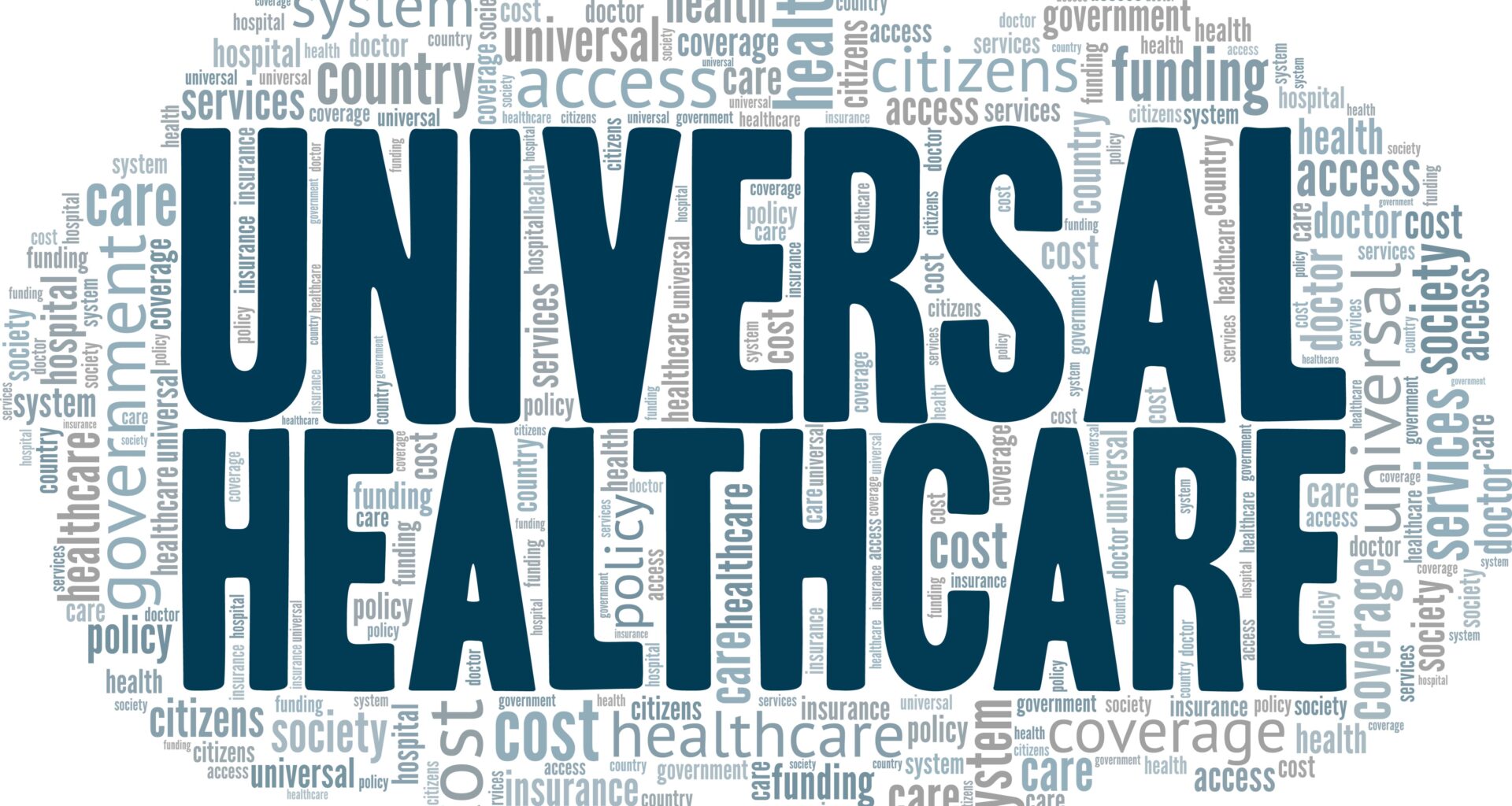The vision of universal health coverage – a world with equitable healthcare, regardless of their background or ability to pay – is the foundation of global health development. However, progress towards this crucial goal has hit a worrying deterrent. Since its incubation, the Sustainable Development Goals (SDGs) in 2015, the momentum towards achieving UHC, and within it, Goal 3: Good Health and Well-being, has stalled.
The latest data paints a concerning picture. The 2023 Global Monitoring Report on Tracking Universal Health Coverage reveals a startling reality: a staggering 4.5 billion people, or half the world’s population, lacked coverage for essential health services in 2021. This lack of access translates into devastating consequences. Even before the pandemic disrupted health systems, the financial burden of healthcare was immense. In 2019, a staggering 2 billion people faced economic hardship due to out-of-pocket health expenditures, and of those, a further 344 million were pushed into extreme poverty.
This stagnation threatens to reverse the hard-won gains in public health made over the past decades. To get back on track and achieve the ambitious target of UHC by 2030, a renewed commitment and a multi-pronged approach, addressing both financial and systemic barriers, are urgently needed.
Universal Health Coverage (UHC) – The Current Landscape
Understanding the current landscape of UHC is crucial to identifying the bottlenecks hindering the UHC progress. Here are some key aspects to consider:
Unequal Access: A major limitation is the persistent issue of unequal access to healthcare services. Geographic location, income level, and social status often determine whether individuals receive the necessary care. Rural and marginalized communities frequently face a lack of qualified health personnel and infrastructure, further worsening the problem.
Financial Burdens: Out-of-pocket healthcare expenses remain a significant barrier for many. Individuals and families can be forced to choose between essential healthcare and basic necessities like food or shelter. This financial burden discourages people from seeking preventive care, leading to delayed diagnoses and worsened health outcomes.
Fragmented Systems: Fragmented health systems, with multiple financing mechanisms and providers, can create inefficiencies and gaps in care. Patients can struggle to navigate these complexities, leading to confusion and potentially missed treatment opportunities.
Strategies To Get UHC Back On Track
Overcoming these hurdles necessitates a strategic approach that prioritizes several key areas:
- Increased Public Investment: Robust public investment in health systems is essential to expand service coverage and affordability. This includes funding for infrastructure development, training health professionals, and ensuring essential medications and supplies are readily available.
- Strengthening Primary Care: Investing in primary healthcare is crucial. Primary care acts as the foundation for a robust and streamlined health system, providing essential preventive and diagnostic services, chronic disease management, and referrals to specialists when necessary. A strong primary care system can significantly reduce the need for expensive hospitalizations and specialist care, optimizing resource allocation and patient outcomes.
- Embracing Healthcare Innovation: Technological advancements offer exciting opportunities to improve efficiency and affordability in healthcare delivery. Telemedicine, digital health tools, and artificial intelligence (AI) can help bridge geographic gaps, provide remote monitoring and support, and personalize treatment plans. However, ensuring equitable access to these innovations remains crucial to avoid exacerbating existing disparities.
- Policy And Regulatory Reforms: Policy and regulatory frameworks need to be reviewed and reformed to promote access, equity, and financial protection. This could include mandating health insurance coverage, streamlining payment systems, and addressing workforce shortages through targeted training programs and competitive salaries.
- Community Engagement: Community engagement is critical for ensuring UHC initiatives are responsive to local needs and cultural contexts. Empowering communities to participate in decision-making processes and health education programs fosters ownership and sustainability.
The Role Of Global Healthcare Communities
Achieving UHC is a shared global responsibility. The international community – including governments, healthcare organizations, non-profit entities, and other healthcare stakeholders – must team up to accelerate the UHC progress.
- Sharing Best Practices: Countries that have made significant strides in achieving UHC can share their experiences and best practices with others. This can involve knowledge transfer around successful financing models, primary care service delivery strategies, and innovative technologies.
- Developing Innovative Solutions: Collaborative research and development efforts can address existing health challenges and contribute to cost-effective solutions. This includes encouraging research into disease prevention, affordable essential medicines, and healthcare delivery models tailored to resource-limited settings.
- Advocacy and Resource Mobilization: Advocacy plays a vital role in encouraging global awareness about the importance of UHC. Healthcare organizations and professionals can collaborate with policymakers and civil society actors to mobilize resources and ensure sustained political commitment to UHC.
Final Thoughts
The goal of universal health coverage remains an ambitious but achievable aspiration. By acknowledging the current challenges, implementing targeted strategies, and promoting collaboration within the global healthcare community, we can build a world where everyone has the opportunity to live a healthy and productive life. The time for action is now. Through a renewed commitment to UHC, we can manifest a healthier future for all.
This journey requires not just financial investment, but also a collective shift in mindset. UHC represents more than just access to healthcare services; it’s a fundamental right and a cornerstone of a just and equitable society. By working together, governments, healthcare professionals, and citizens can transform this vision into reality. Let’s reignite the flame of UHC and pave the way for a healthier world, one where providing quality healthcare is not a privilege, but a basic human right.
Have you read? – Reimagining Healthcare Financing With Universal Health Coverage














